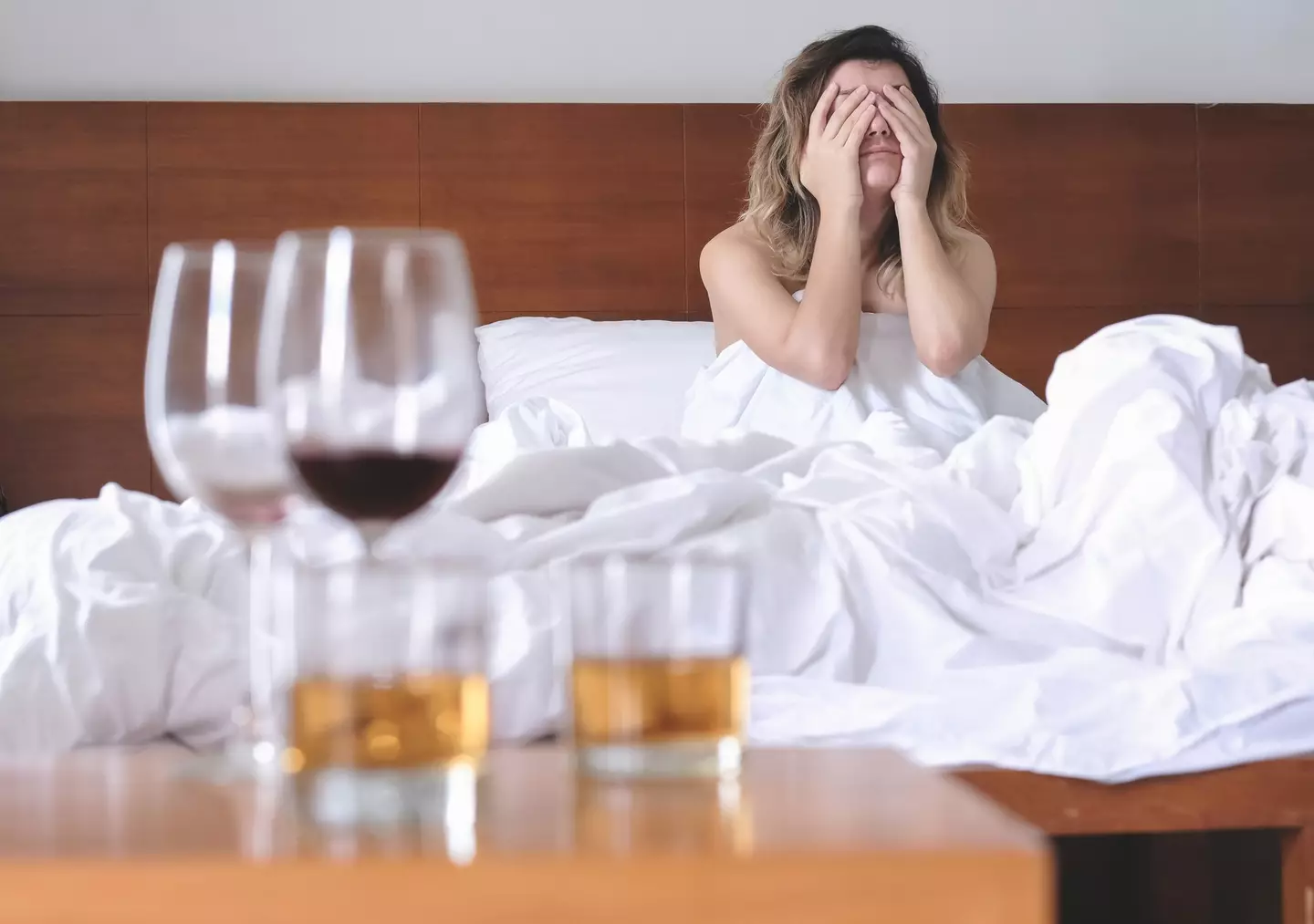A doctor from the UK has shared insights on what to consume before drinking alcohol in order to prevent getting overly intoxicated too quickly, which might even help in avoiding a hangover.
As the holiday season is underway, many are wondering if there’s a method to enjoy celebrations without suffering the consequences of a hangover the following day.
NHS GP Dr. Karan Rajan, with a significant following of over five million on his TikTok health channel, has disclosed his expert advice while debunking a common belief about prepping our stomachs before indulging in a night of heavy drinking.

According to guidance from the Center for Disease Control and Prevention (CDC), moderating alcohol intake is the most effective strategy to avoid adverse health effects. However, for those partaking in festivities responsibly, Dr. Rajan suggests methods to minimize rapid intoxication and lessen the severity of hangovers.
His comments emerged after a TikTok user proposed that cheese might be a key to reducing hangover risks.
In her video, the woman stated, “If you are going for a night out on the town and you are going to drink alcohol, eating cheese before drinking alcohol can decrease your risk of having a hangover.”

“This is because cheese has a lot of protein fat and complex carbs that can coat the stomach,” she explained.
Dr. Raj, however, countered this notion, stating that it’s not possible to completely evade the negative effects of alcohol consumption.
“Here’s a life lesson from a doctor: you can’t line your stomach or form a physical barrier before drinking alcohol to get less drunk,” Dr. Rajan asserted.
He clarified that this is due to the fact that the majority of alcohol absorption takes place in the small intestine.
Nonetheless, Dr. Raj offered a glimmer of hope by suggesting methods to slow down the digestion process and the ‘GI transit time’.
https://www.tiktok.com/@username/video/7447598535966493984
He mentioned that eating meals rich in fat, protein, and fiber can decelerate alcohol absorption rates.
Using a simple model made of a pipe and balloon to represent the stomach and small intestine respectively, Dr. Raj illustrated how these nutrients prompt the stomach to gradually release its contents.
“This delays alcohol’s entry into the small intestine which means it’s absorbed more gradually in the bloodstream so you get less spikes in the blood alcohol concentration and you get drunk much slower,” he elaborated.

Dr. Raj emphasized that the process is not limited to specific foods, but rather involves consuming calories in general, either before or during alcohol consumption, which ‘delays gastric emptying and digestion overall’.
He also pointed out that this phenomenon explains why consuming alcohol mixed with zero-calorie options often results in faster intoxication compared to their full-calorie versions.
“The sugar and calories stimulate the release of digestive hormones like gastrin which slow down digestion and the absorption of alcohol,” Dr. Raj continued.
The CDC advises that moderate alcohol consumption should be limited to two drinks or fewer per day for men and one drink or less for women.

